Written by Angela Robb
Settling into Life with Parkinson’s
My relationship with Parkinson’s began with a mouse click.
I met my husband, Karl, in an America Online chat room 21 years ago. Our first discussions were mostly comprised of getting to know one another and playing 20 questions.
Our conversations were easy, and his dry sense of humor came shining through our instant message exchanges. Within the first week or so, he told me that he had had Parkinson’s disease for more than four years. His disclosure did not alarm me, and I remember asking, “Don’t older people usually get Parkinson’s disease?”
I married Karl, never having known him without Parkinson’s. I love him, but I do not love the disease. We acknowledge that it is part of our life, but we do not allow it to be all of our life. We decided early on in our lives together to start our own business and work from home. At the time, we were in our mid-30s, and we didn’t want to postpone our desire to own our own business. Since the progression of Parkinson’s is unpredictable, we decided to grab the bull by the horns and pursue our dreams.
We have adapted our goals and plans to account for the unpredictability of Parkinson’s, which can change by the day or even by the moment. We do our best to plan, but we usually have a back-up strategy – not just for Karl, the Parkinson’s or his medications – but for me, too. We ask ourselves questions: Do we have enough energy to tackle that task? Would we be more prepared to take on that task tomorrow, with more energy or stamina? Communication, honesty and self-awareness allow us to share how we are really feeling and come up with a mutually agreeable approach.
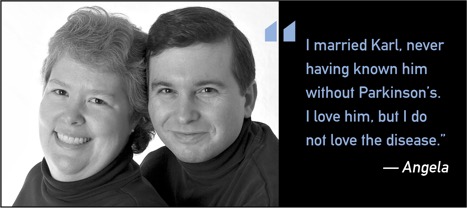
That’s why I’ve always considered myself a “care partner.” Karl and I had a few discussions about our roles in this part of our life together, and we consider ourselves partners on the journey of living with Parkinson’s. Others may think of themselves as “caregivers,” and indeed, it’s up to individuals to determine which term (or any other) best fits their personal preference and specific responsibilities.
For the purpose of simplicity here, I’ll use the term care partner to describe any person who has primary responsibility for assisting with the care and decision-making for a person living with Parkinson’s.
Care partner is not my primary identity (although I’ve become rather knowledgeable on the subject and do my best to pass on what I’ve learned to others). When I meet people, it’s not the first thing I tell them, but I think I would be doing myself a disservice to not acknowledge the fact that it is one of the hats I wear. My husband says, “If you don’t accept your diagnosis, fighting illness becomes even harder.” I believe that the same idea holds true for care partners. Acceptance does not mean giving in to Parkinson’s; it means being prepared for the road ahead and wherever it takes you.
There is some peace to be found in acknowledging this role, but it doesn’t mean that I have to give up another part of myself to make room. Parkinson’s is not going to define Karl, and it’s not going to define me, either. I’d like to share some of the things I’ve learned with you so that you can find your own peace in caring for someone living with this disease.
Care Partners Need Nurturing, Too
Anyone who has cared for another knows the temptation to forego one’s own needs when someone else’s needs seem more pressing. For many years, as I visited with other care partners, I stressed my strong belief that we needed to take care of ourselves first so that we could care for our loved ones with Parkinson’s.
It’s so easy to put ourselves last on the care list. We put our children, spouses, family, home, work, pets and so on way ahead of “me.” When a chronic disease like Parkinson’s is part of the equation, there’s an even greater tendency for us care partners to make our loved ones the number one priority. Yet, if we don’t care for ourselves, who will?
It is vitally important that care partners have a depth of self-knowledge and be willing to ask, “How am I doing today?” or “How am I doing in this moment?” My own realization of this fact came from my study of Reiki and mindfulness meditation. My self-knowledge evolved over time, and I’m so happy that it did. I only wish that I had come to it sooner! I find myself checking in on my mental, emotional and physical awareness. This really is something that you have to do by yourself, for yourself. As much as your loved one, family or friends may ask you how you are doing, they may not be prepared for your honest answer. Most care partners will not respond truthfully anyway. The real answer is found in being with yourself and reflecting honestly on the whole package.
I find that posing some personally meaningful questions to myself can be helpful. Once you begin an internal dialogue with yourself, you will find questions that are suited to you and your personal needs.
Here are some examples of mine:
- How do I physically feel today? Are there areas that need some attention?
- How balanced do I feel mentally today?
- How much time can I make for myself to meditate and exercise today?
- How can I best care for myself today?
This personal reflection helps me acknowledge my own needs and gives me pause to make sure that I attend to them. It’s a simple exercise, but it really works. I encourage care partners try it.
Finish Angela’s Article & Learn More About Care Partner Support
The remainder of Angela’s article and much more can be found in our free Every Victory Counts® manual. Our Every Victory Counts® manual gives people living with Parkinson’s, their care partners and their family members the tools they need to take control of their own Parkinson’s treatment through a proactive approach to self-care.
Request your copy of the new Every Victory Counts manual by clicking the button below.
get the every victory counts manual for care partners
Do you have the Every Victory Counts Manual for Care Partners! Released in 2021, this resource is available at no cost in print and digital versions. To learn more and request your copy, click here.


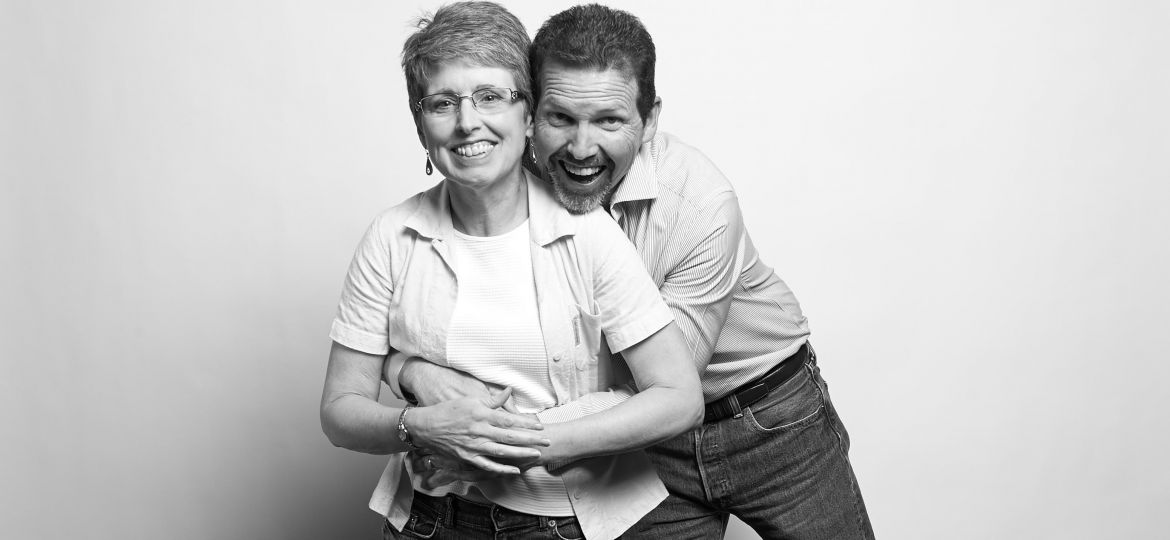









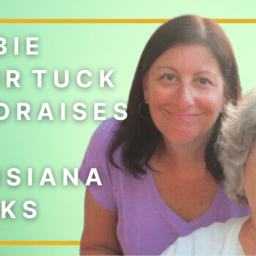

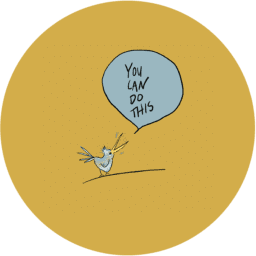
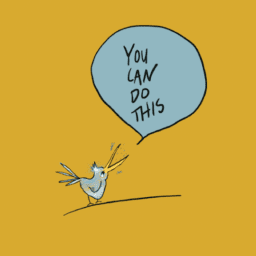
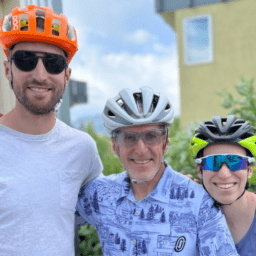
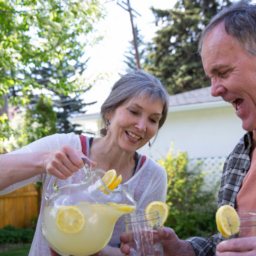
Thank you for your blog. I find caregiving to be so tough especially when my husband has his moments. He is down so much. I tell him to choose to be happy but I know that is tough. We do belong to a support group which is somewhat helpful.
Thank you for commenting, Rosalie. There will be numerous challenging moments during your journey with Parkinson’s. The key to living well is to celebrate the small victories that can occur during the day and develop a robust support team. In addition to a traditional support group, search for support groups for care partners in your area. Check out a recent blog post on the importance of community.